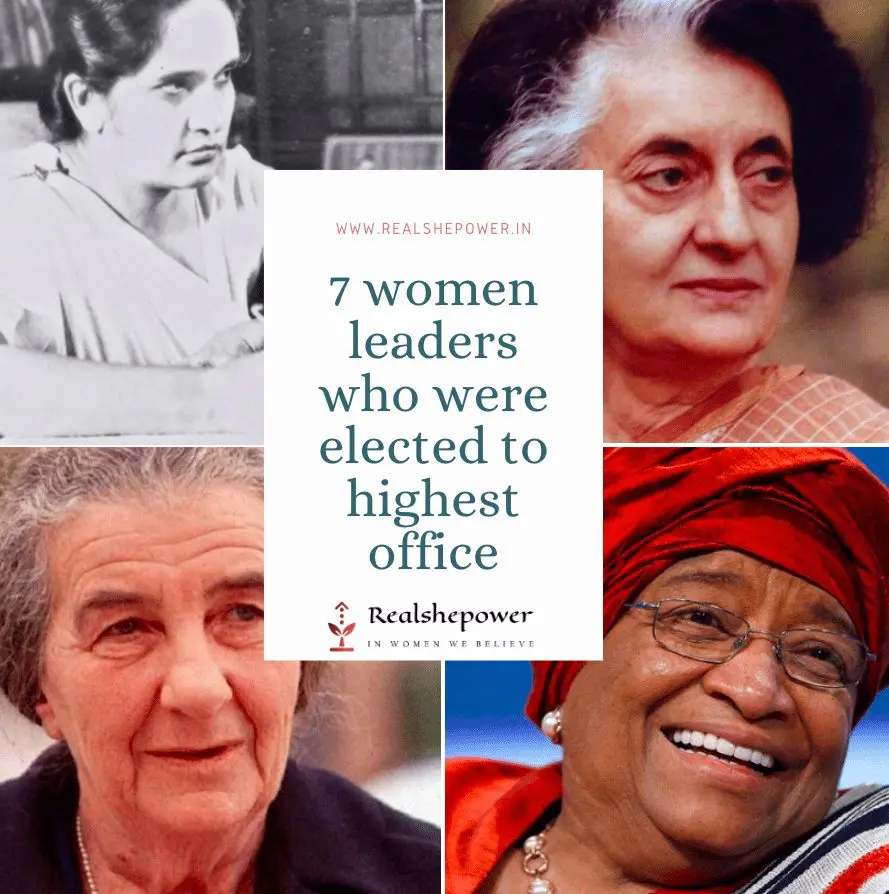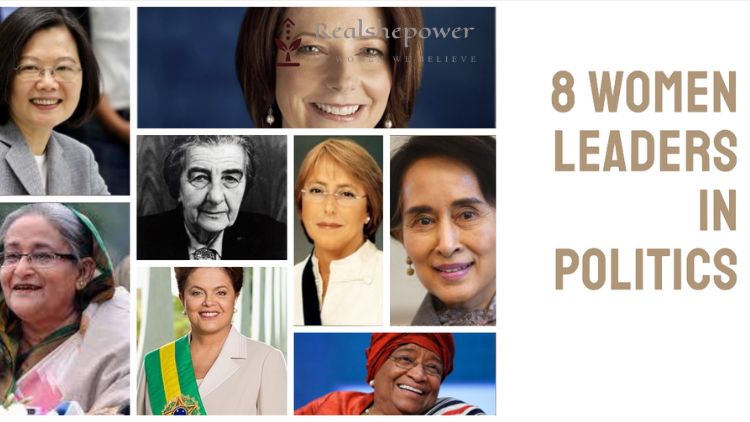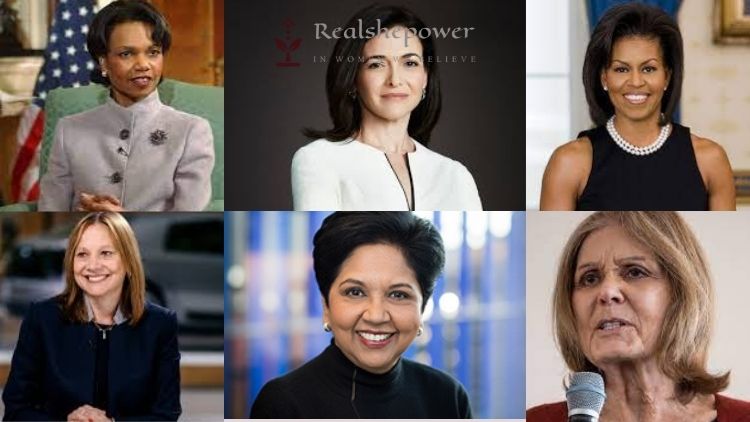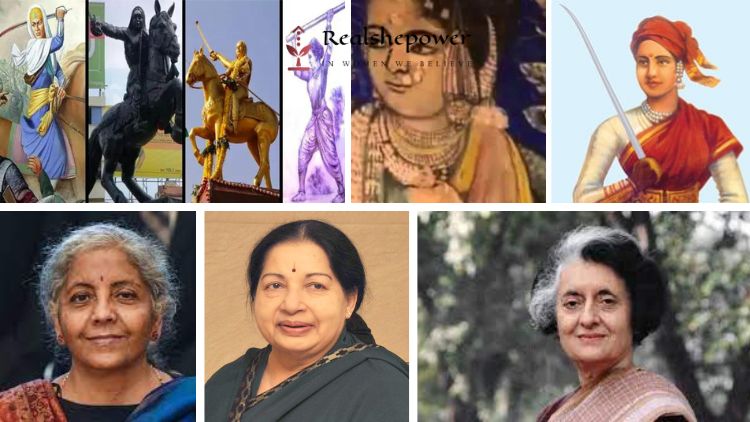7 Women Leaders Who Were Elected To The Highest Office Way Before Kamla Harris


I was startled to see the world celebrating Kamla Harris’s win as historic. As much I was happy that a woman has been elected at one of the highest offices, I was unable to understand its relevance historicity for the world? Yes, of course for American political history it was a milestone. But for the world, I beg to differ.
Here’s a collection of 7 prominent women leaders who were elected to lead the governments in their respective countries.
Table of Contents
1. Sirimavo Bandaranaike – Sri Lanka
In 1960, Sirimavo Bandaranaike became the first woman to be elected head of a government in the modern world. She was the Prime Minister of Sri Lanka, then Ceylon, who entered the political fray after her husband’s assassination.
The mother of three launched a political dynasty and soon became its matriarch. Within a year Bhandaranaike established herself as a strong political leader of the Sri Lanka Freedom Party, as she served as head of state from 1960-65 and again from 1970-77.
2. Indira Gandhi – India
Indira Gandhi was the daughter of India’s first prime minister, Jawaharlal Nehru. Her rise in politics was not incidental. From a young age, she actively took part in politics, joined the independence movement as she rose to prominence in the Congress party. In 1966, Gandhi was appointed as the party leader and the first woman Prime Minister of India.
She was the second longest-serving prime minister after Jawaharlal Nehru. She served from 1966 to 1977 and then again from 1980 until her assassination by her bodyguards in 1984.
3. Golda Meir – Israel
In 1969, Meir became the fourth Prime Minister of Israel and thereby the world’s third woman with that title. She was a leading spokesperson for the Zionist cause during World War II and was one of only two women to sign Israel’s declaration of independence in 1948. As prime minister, her efforts to negotiate peace between Israel and Arab states were halted by the outbreak of the Yom Kippur War in October 1973. A year later she resigned.

4. Margaret Thatcher – United Kingdom
Margaret Thatcher rose through the ranks of the Conservative Party, becoming its leader in 1975 and, four years later, the nation’s first female prime minister and the first woman to lead a major Western country. She took a hard line against communism—the Soviet press dubbed her the “Iron Lady” after one speech—and set Britain on a rightward path economically, promoting free-market policies and weakening labour unions. Thatcher’s tenure of 11 years in office made her the longest-serving British prime minister of the 20th century.
5. Vigdís Finnbogadóttir – Iceland
In 1980, Finnbogadóttir won election as Iceland’s first female leader, becoming the first woman in the world to be democratically elected president. (Argentina’s Isabel Perón, the first woman to hold the title of president, had been sworn in only after her husband died in office; she was his vice president.) Finnbogadóttir was re-elected three times, running unopposed in two elections and winning more than 96 per cent of the vote in the other. At 16 years, Finnbogadóttir’s tenure was the longest of any elected female head of state in history.
6. Angela Merkel – Germany
Soon after the fall of the Berlin Wall, Angela Merkel entered politics. In 2000, Merkel led the Christian Democratic Union party and five years later, she became the country’s first female chancellor, its first East German chancellor, and (at 51) its youngest. Her tenure in office spanned the Euro-zone debt crisis, the refugee crisis and the resulting surge in support for the far-right movement and Britain’s planned exit from the European Union, which left Merkel as leader of Europe’s most populous and powerful country, and the fourth-largest economy in the world.
7. Ellen Johnson Sirleaf – Liberia
Ellen Johnson Sirleaf lived in exile in Kenya and the United States during Liberia’s long civil war, working in the banking industry and at the United Nations. In 2005, Sirleaf won Liberia’s first presidential election since the war’s end, winning support from nearly 80 per cent of women voters to become Africa’s first democratically elected female head of state. Over 12 years in power, Sirleaf helped preserve peace, erase the national debt and build up Liberia’s economy. In 2011, she won a Nobel Peace Prize for her work on women’s rights.



